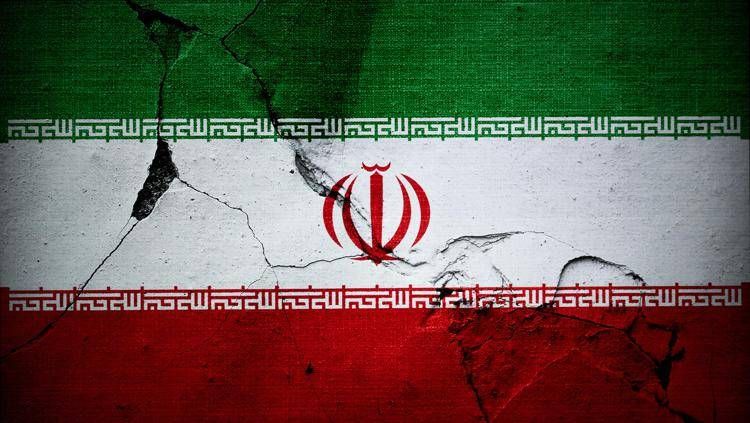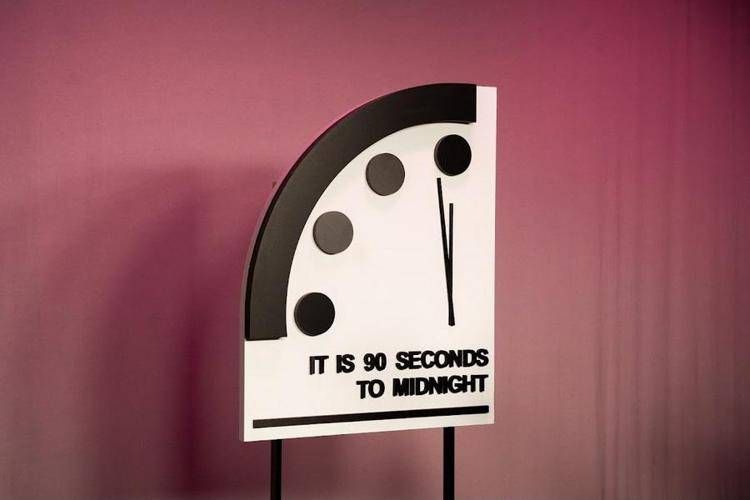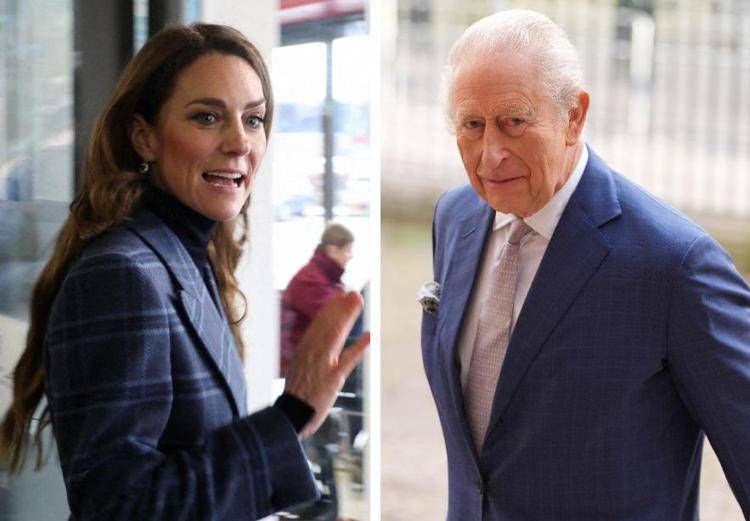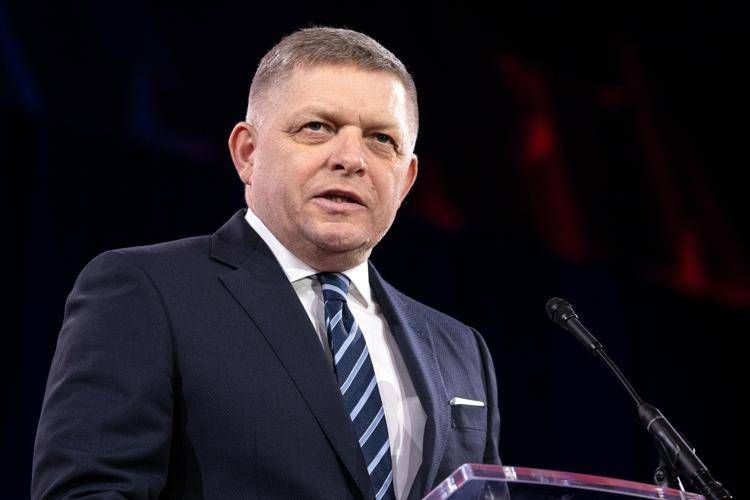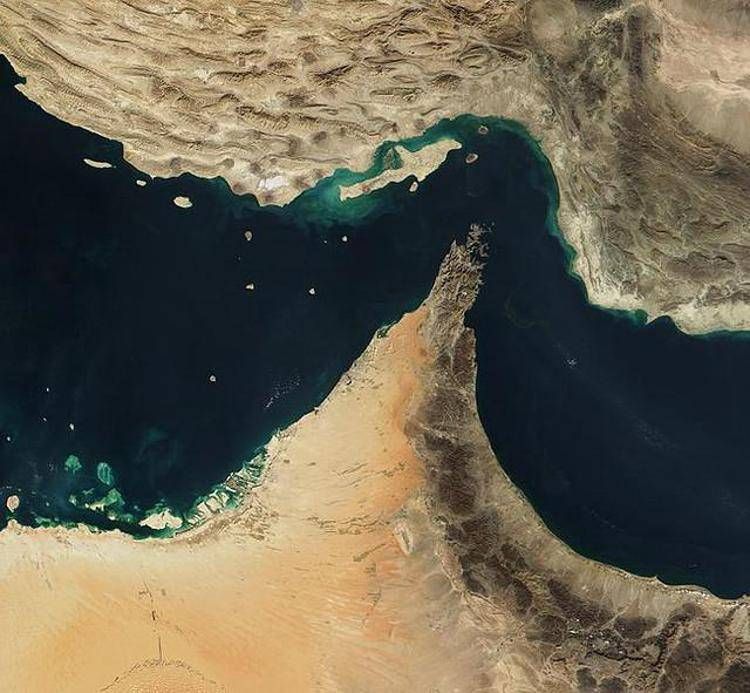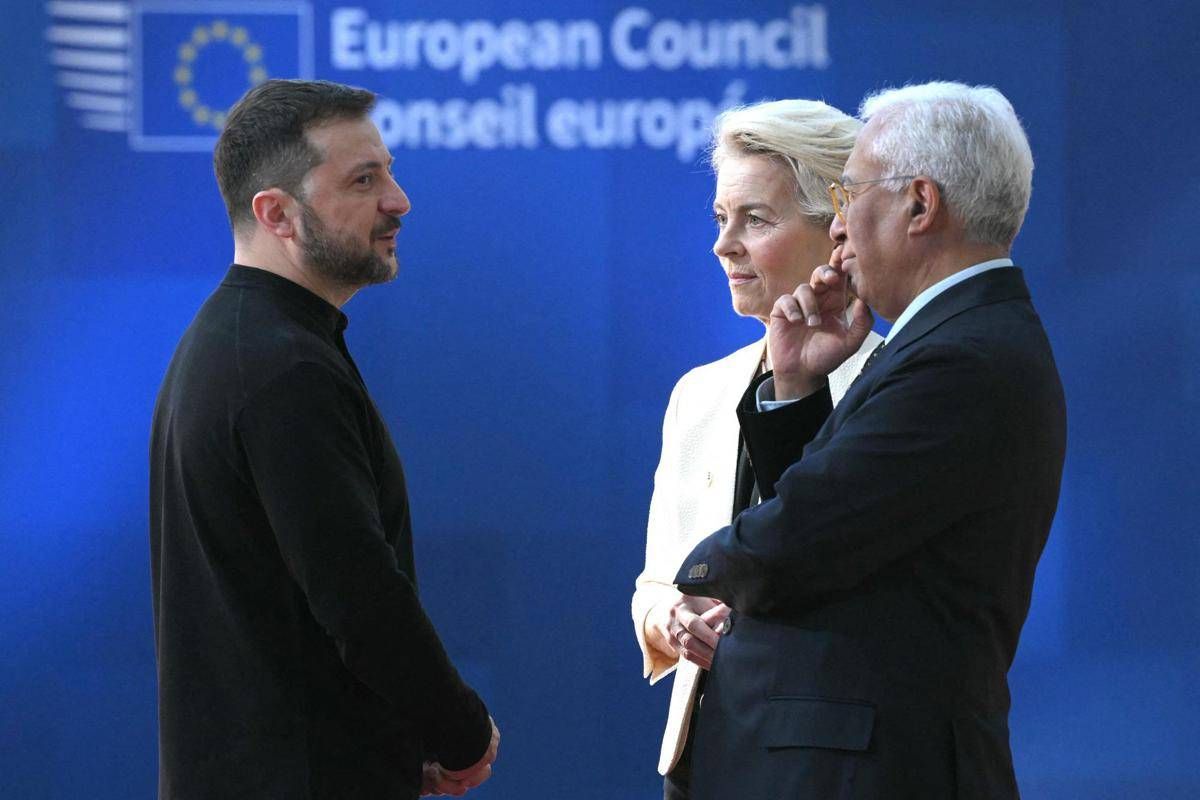
European Defence Agreement: Hungary isolates itself over Ukraine
-


Alberto Trentini e Mario Burlò sono in Italia dopo la liberazione VIDEO
-
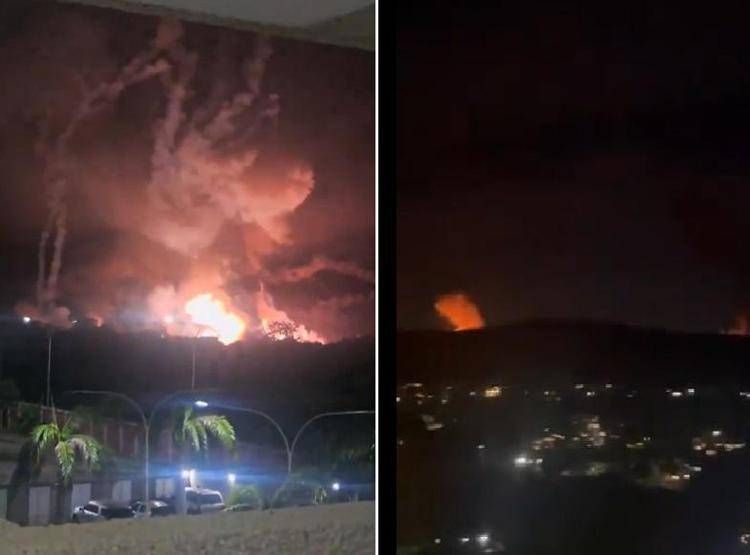

Overnight explosions in Caracas hit military area, widespread power outages reported VIDEO
-


Attacco Usa in Nigeria contro l’Isis, Trump: “Risposta al massacro di cristiani” VIDEO
-
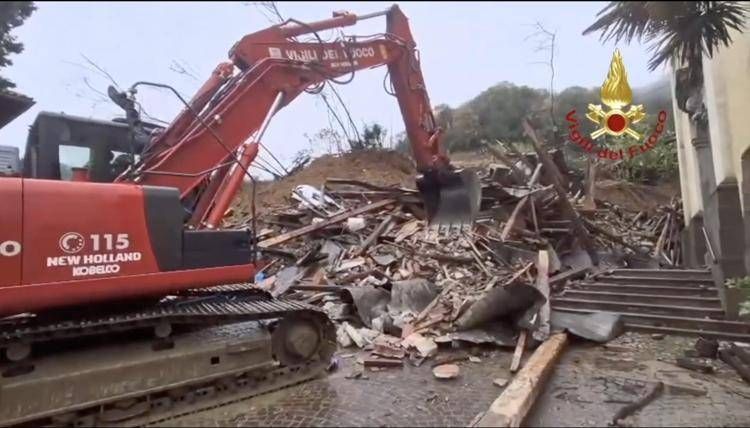

Frana a Cormons: disperso un giovane e un’anziana sotto le macerie VIDEO
The European Council approves a 27-member common defence plan, but Hungary blocks conclusions on Ukraine, creating a division between Budapest and the rest of the Union
During the extraordinary European Council in Brussels, the leaders of the 27 member states reached an agreement on common defence, stating that the EU must become more sovereign and prepared to face future challenges. However, Hungary opposed the conclusions on Ukraine, isolating itself from the rest of the Union. This led to the approval of a text supported by 26 states, but not recognised as a formal decision of the European Council.
Common Defence: A More Autonomous EU
The main outcome of the summit was the approval of a common defence plan, which provides for a significant enhancement of European capabilities in response to growing geopolitical threats. European leaders emphasised the need for a more ‘sovereign’ and ‘responsible’ Europe for its own security. The EUR 800 billion plan, called ReArmEu, aims to make up for lost time in defence and prepare for expanding Russian influence and new pressures from the US, reinforced by the recent re-election of Donald Trump.
Orban and the Isolation of Ukraine
While the common defence has found a broad consensus, differences over Ukraine have led to a stalemate. Viktor Orban, Prime Minister of Hungary, refused to approve the text on conclusions regarding support for Kiev, separating himself from the rest of the EU. Orban defended his position, arguing that the EU is isolated from powers such as the United States, China, and Russia, while Hungary maintains good relations with all of them.
In response, European Council President Antonio Costa stated that Hungary has isolated itself from the other 26 member states, but this does not mean a divided EU, as the rest of the Union is united in support of Ukraine.
Slovakia and the Gas Compromise
Another point of contention was the involvement of Slovakia, which initially opposed the text on Ukraine. However, Slovakia’s Prime Minister Robert Fico changed his position in exchange for a passage guaranteeing the transit of gas through Ukraine, vital for Bratislava, which is dependent on methane arriving by pipeline.
Giorgia Meloni’s Vision on the Defence Plan
Italy has also expressed reservations about the ReArmEu plan. Council President Giorgia Meloni, together with Foreign Minister Antonio Tajani, criticised the name of the plan, emphasising that the concept of defence goes far beyond mere rearmament. She pointed out that security includes critical infrastructure, raw materials and protection from cyber attacks.
A New Line for Ukraine
Despite Orban’s hostility, the remaining 26 countries agreed on a set of principles for supporting Ukraine. These include a commitment not to negotiate peace agreements without Kiev’s involvement and to ensure that any ceasefire is part of a broader process leading to a stable peace. The EU argues that Ukraine’s defence must be strengthened, stressing that the best security for the country is its capacity for self-defence, a concept summed up in the metaphor of the ‘steel hedgehog’.
European Union and NATO: Necessary Complementarity
A crucial aspect of the conclusions is the call for complementarity between the EU and NATO. European leaders emphasised that a stronger EU on the defence front is not at odds with the Atlantic Alliance, but rather strengthens it. The need for coordination ahead of the next NATO summit in June was emphasised, with a particular focus on the protection of the Union’s eastern borders.
European Defence Next Steps
By the next European Council, scheduled for 20-21 March, the Commission will present new legislative proposals on the various pillars of the defence plan. These include a White Paper on defence and an ‘Omnibus measure’ to simplify the regulatory obstacles that currently slow down the development of the European defence industry.
THE LATEST NEWS
(Photo: © AndKronos)
-

 News11 ore ago
News11 ore agoRitardi e cancellazioni dei treni 29 gennaio 2026: disagi da nord a sud
-

 News15 ore ago
News15 ore agoTerremoti nella notte in Italia: scosse in Sicilia e Abruzzo
-
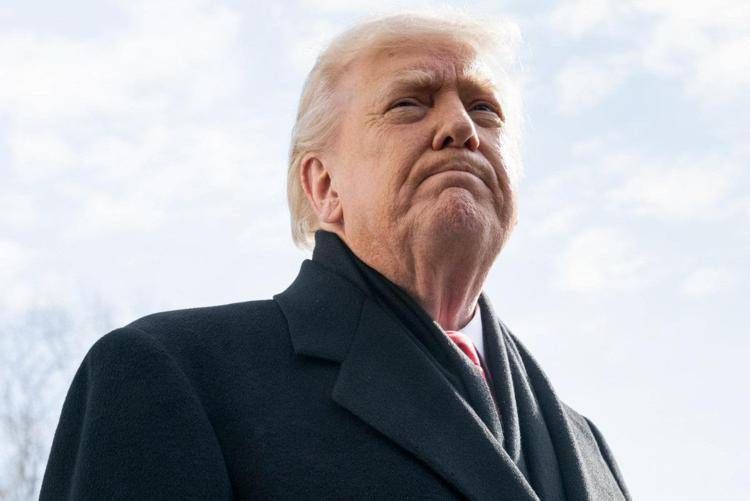
 Primo Piano15 ore ago
Primo Piano15 ore agoTrump valuta un nuovo attacco contro l’Iran dopo lo stallo sui negoziati
-

 Meteo15 ore ago
Meteo15 ore agoMaltempo Italia: allerta arancione in Sardegna e gialla in altre nove regioni


